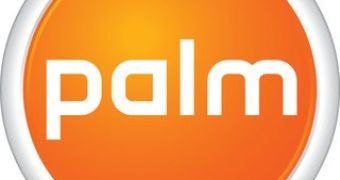Sunnyvale-based mobile phone maker Palm Inc. has reportedly put itself up for sale. The company is said to be already seeking for possible buyers and to be working with Goldman Sachs Group Inc. and Frank Quattrone’s Qatalyst Partners for the move. According to a recent article on Bloomberg, people familiar with the issue confirmed Palm's intentions, even if the sale hasn't been publicly announced.
Palm has been through a series of rough quarters lately, and its situation seemed to be going from bad to worse. Rumors on a possible takeover from various industry giants have been floating around for quite a while, though they proved false in the end. This time around, Bloomberg notes that the aforementioned sources named HTC Corporation and Lenovo Group Ltd. as two of the companies that might be interested in the purchase of Palm. For the time being, none of the involved companies (Palm, HTC, Lenovo) commented on these speculations.
Due to poor sales, Palm's quarterly revenues plunged during the third quarter of its financial year 2010 and affected the company's shares as well. The handset vendor's stock went down around 60 percent during the ongoing year, but managed to grow 32 percent last week, courtesy of reemerged rumors on its takeover. According to Bloomberg's story, Palm currently has a market value of around $870.8 million.
Last year, Palm unveiled to the world a new mobile operating system, the webOS, which was pre-loaded on two handsets, the Palm Pre and Palm Pixi. Although sales of the two devices were disappointing, Palm is still seen as a competitor against Apple Inc., the creator of the iPhone, and Research In Motion Ltd., the maker of the BlackBerry.
Palm announced the launch of its webOS platform in early 2009, an operating system that helped its shares grow as high as $17.46 by September. Facing an increased competition from the iPhone, BlackBerry smartphones and from devices powered by Google's Android operating system, Palm's handsets saw slower sales, and the company's shares went down 79 percent in six months.

 14 DAY TRIAL //
14 DAY TRIAL //